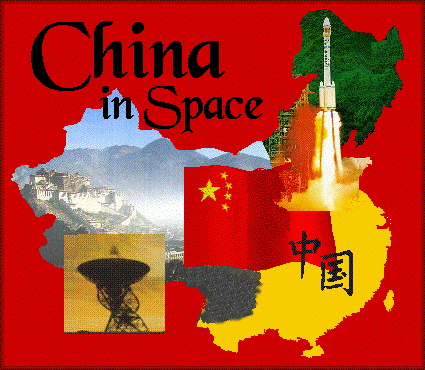LEAD: China's first spacewalk begins
 Beijing - China's first spacewalk got under way Saturday as astronaut Zhai Zhigang slipped out of the Shenzhou VII spacecraft and said, "I feel well."
Beijing - China's first spacewalk got under way Saturday as astronaut Zhai Zhigang slipped out of the Shenzhou VII spacecraft and said, "I feel well."
Zhai, the commander of the three-man mission, waved to cameras broadcasting the event live in China as he left the craft's orbital module at 4:39 pm (0839 GMT).
"I am here greeting the Chinese people and people of the whole world," the astronaut told mission control in Beijing.
He made China the third nation to conduct a spacewalk after the United States and Russia. The three countries are also the only ones to have conducted manned space missions.
Chinese President Hu Jintao watched Zhai's manoeuvres at the mission control centre in the capital.
During his mission, Zhai, 42, is to test his 120-kilogram, Chinese-made protective suit, which cost 4 million to 30 million dollars, according to various state media reports.
He was also slated to perform tasks including the retrieval of a 3-kilogram solid lubricant experiment from the rear of Shenzhou VII.
Fellow astronaut Liu Boming, wearing a Russian spacesuit, assisted Zhai in exiting the orbiter while the third and final astronaut on the mission, Jing Haiping, remained in the re-entry module.
Last-minute health checks before the spacewalk showed all three astronauts to be in good condition and tests on the spacesuits showed they were functioning well, mission control said, according to the official Xinhua news agency.
The crew had spent more than 11 hours Friday unpacking and assembling the suits and then underwent 100 minutes of training to get used to the get-ups.
Shenzhou VII, which lifted off Thursday night from the Jiuquan space centre in north-western China, is also to release a 40-kilogram mini-satellite to monitor the orbital module and transmit video images.
Shenzhou VII is the latest stage of China's plan to build an integrated ground-space network for space exploration and manned space research, including a permanent space laboratory by 2020.
It first sent an astronaut into space five years ago. (dpa)